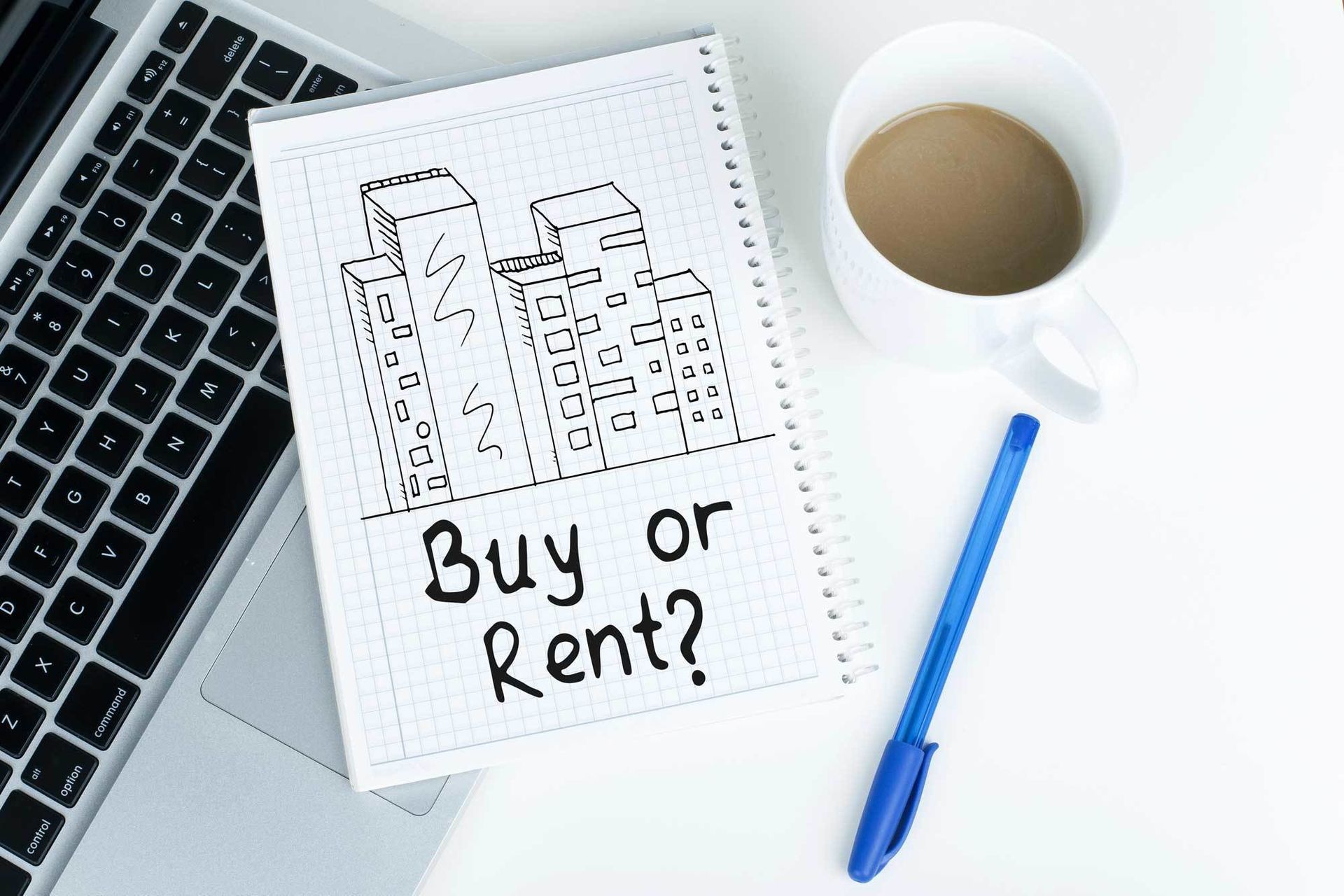Purchasing a home will inevitably be the biggest financial discussion of your life. And the decision as to whether renting vs buying a home depends on a number of factors. And it is not just your finances. Other things you should consider before putting in an offer are your age, the current real estate and mortgage market and of course where you see yourself in the future.
Renting vs buying a home will depend on the answers to asking the following questions.
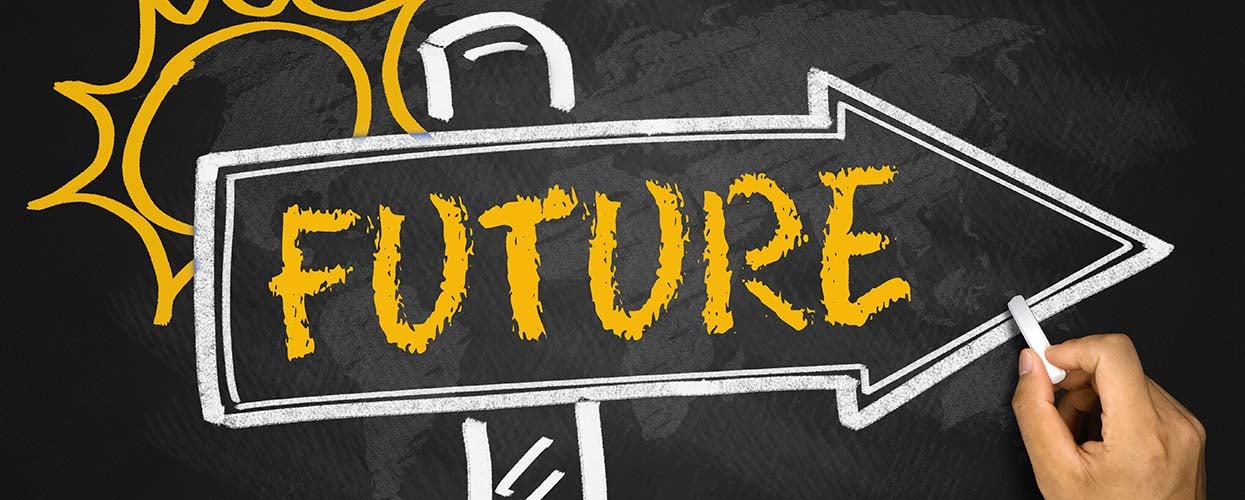
What are your future plans?
In the short term, renting vs buying a home is always cheaper. There are substantially less costs involved in renting, and normally are first and last month’s rent, a monthly utility bills and maybe the expense of moving.
If you decide to purchase a home there are a number of costs involved. These can include a deposit, attorney fees and closing costs. Once you move in, there will be monthly bills such as maintenance, utilities, insurance, and general upkeep.
The best course of action is to calculate how long you plan to stay where you are. If you plan to stay indefinitely, then buying a home is most likely your best decision. If you plan to stay for only a few years, renting may be substantially cheaper.
There are scenarios where this may not be the case. If you are purchasing in a large metropolitan city or in the surrounding suburbs, there is a chance that the market could go up substantially in a couple years time, in which case you would have built equity. However, no one knows for certain what the market is going to do. So, do your homework and consult with a local real estate professional to understand the market where you hope to live and historical property increases for that area. This may give you a better indication of what you can expect for equity year over year.

How old are you?
If you are still in your twenties you may end up relocating due to relationships or career opportunities. In which case renting would give you more flexibility than purchasing. If you are in your thirties and are more established in your life and career, buying may be a better option. Typically, most people spend their twenties saving in order to purchase in their thirties. But the sooner you know where you want to live and what lifestyle you prefer, the sooner you should purchase a home.
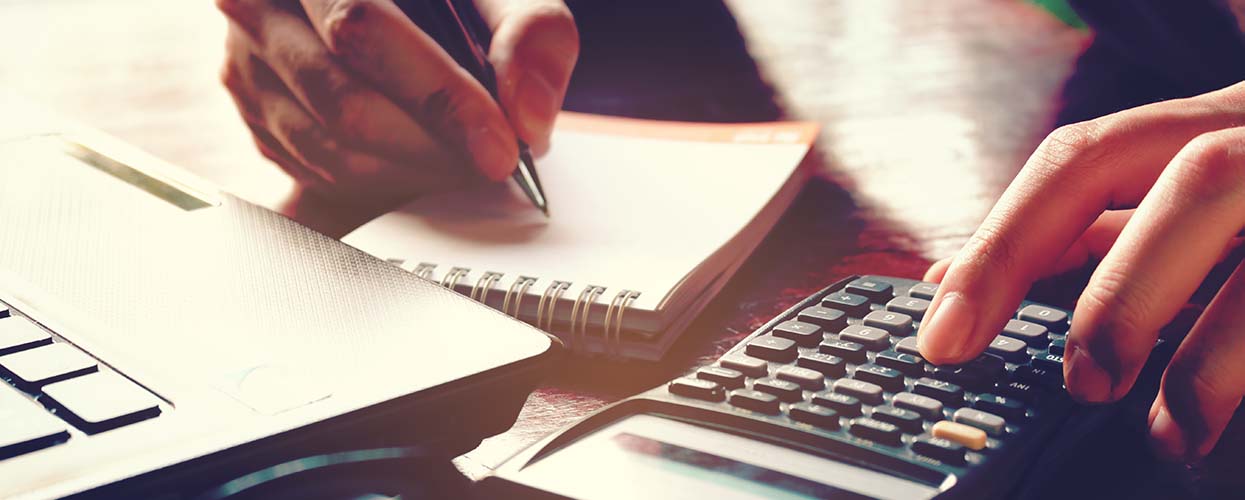
Renting vs buying a home: How much does it really cost?
There are a number of fees that come with home ownership. And as we have gone over a few already, it is best to run the numbers yourself so you have a better idea of how much it would cost renting vs buying a home.
Fees to purchase include the downpayment, which is usually about 20% of the purchase price of the home. There are also attorney fees and closing costs if the home as well as moving expenses.In addition, you will have to account for furnishing your new home. Other incidentals may be purchasing window treatments, needed renovations or repairs.
And of course, there are home carrying costs. With renting you normally pay your landlord once a month. But when you own a home you will have to pay your mortgage, property taxes, maintenance fees, and insurance fees. If the property is a condo, be sure to know your HOA fees as well. A good strategy is to put some money away on a monthly basis to save for future repair or maintenance of the home.
Run the numbers yourself to see what makes sense. Calculate how much you have saved to put down on the property compared to the cost of rent. Consider the amount of money associated with renting vs buying a home.
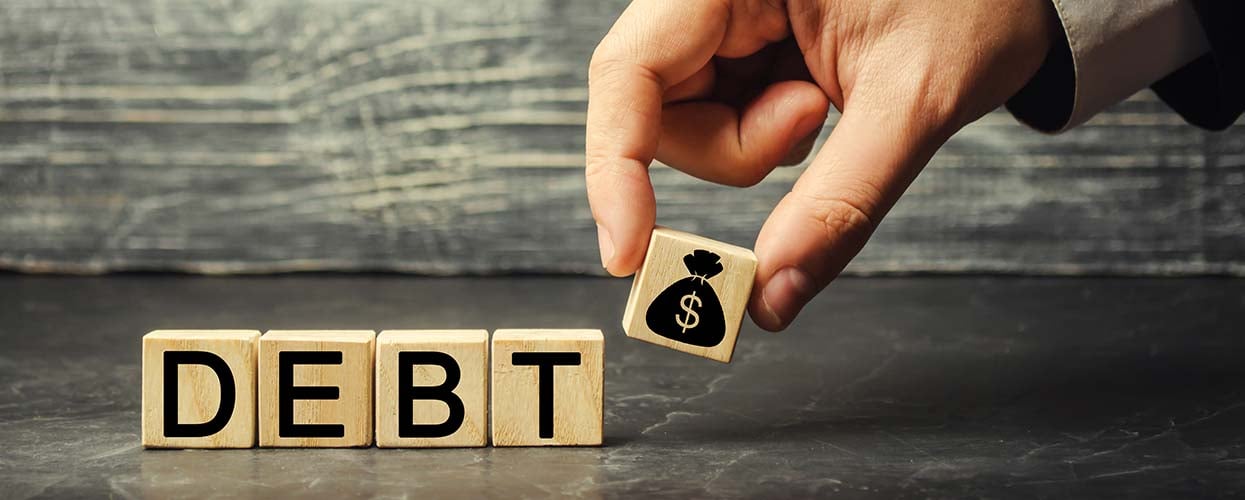
Are you in high interest debt?
If you have car loans, credit card debt or any other debt that has a high interest rate, it may make more financial sense to pay that off and then save up for the deposit for a home. Taking out a mortgage when you are already in a substantial amount of debt, may be putting yourself in a worst financial situation. In addition, the likelihood of getting a mortgage or a mortgage with a good interest rate will be higher if you already have a number of loans. Take care of the debt you are in before starting the mortgage process. The amount of debt you have will impact your decision for renting vs buying a home.
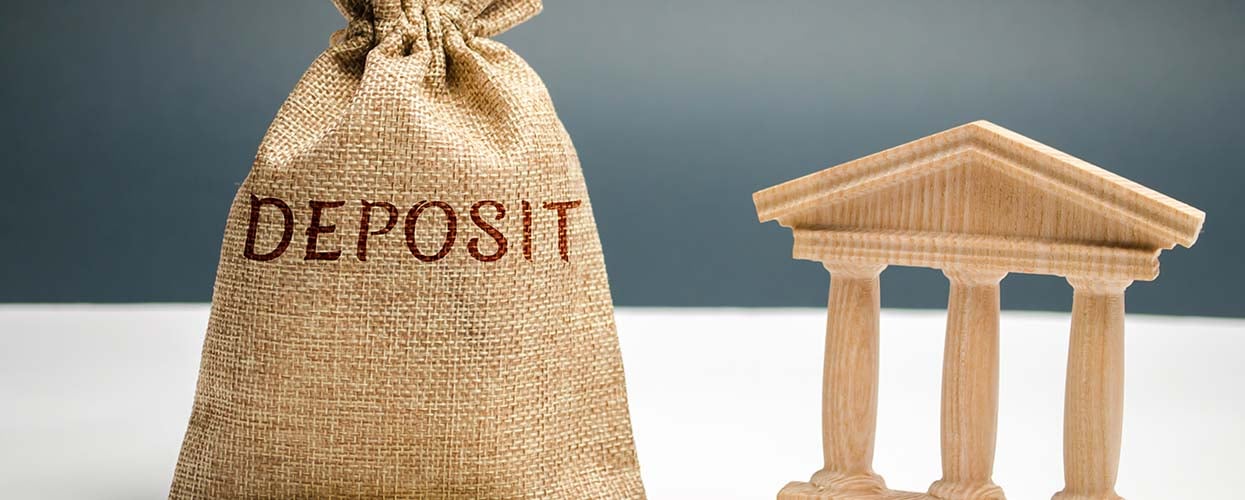
Do you have the deposit saved?
If you do not have between 10% and 20% of the purchase price of the home saved then your monthly payments will be a substantially higher. Putting down as much as you can will keep your carrying costs lower. In fact, if you do not have at least 20% saved, you will most likely have to insure your mortgage which will add to your monthly payments.
Assess your current savings, see how long it will take you to save a deposit, and start looking once you have it saved. Run the numbers and know what makes the most sense for you. Do you homework and learn about choosing a lender and what they expect. Getting pre-qualified is one of the first steps to buying a home.
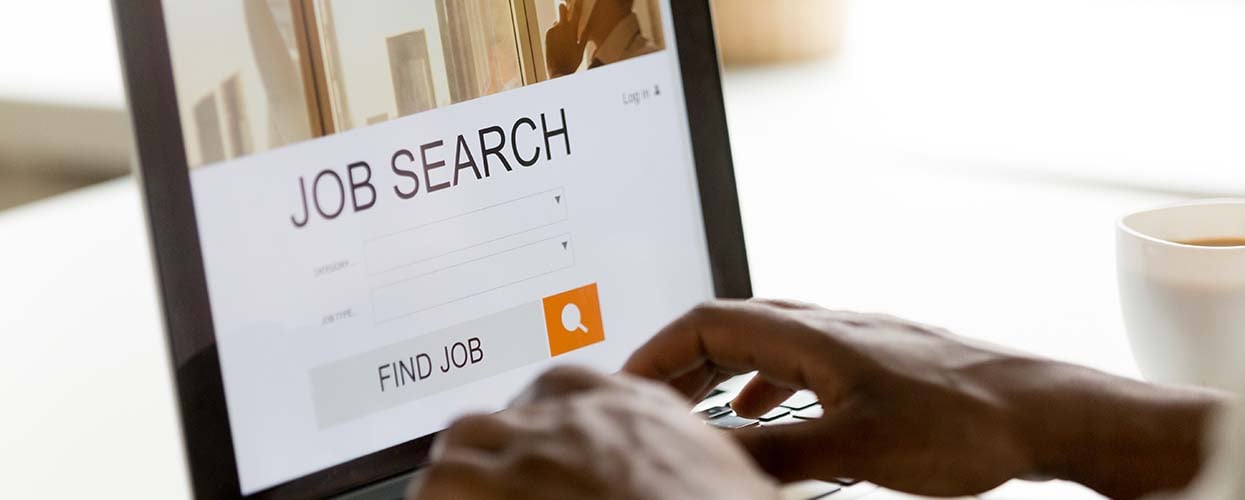
Is your job stable?
How many years have you been in your job? Do you plan to stay in the field you are in? These are the types of questions you should be asking yourself when thinking about renting vs buying a home. If you are happy in your line of work and you are confident that your job is stable, then purchasing is likely your best bet.
But if you are in a line of work that involves a contract, seasonal work or if you have just started your job or would consider moving somewhere else, you may want to hold off on purchasing until you are more decisive.
Conclusion
It may seem like the obvious choice to build equity, but purchasing home is a big step. If you are just starting out in your career, have other debts, have not saved a sufficient deposit, are not established in your line of work or might consider moving, then you might want to consider renting. The bottom line is to make sure you are in a stable and confident position to plan for the future.

